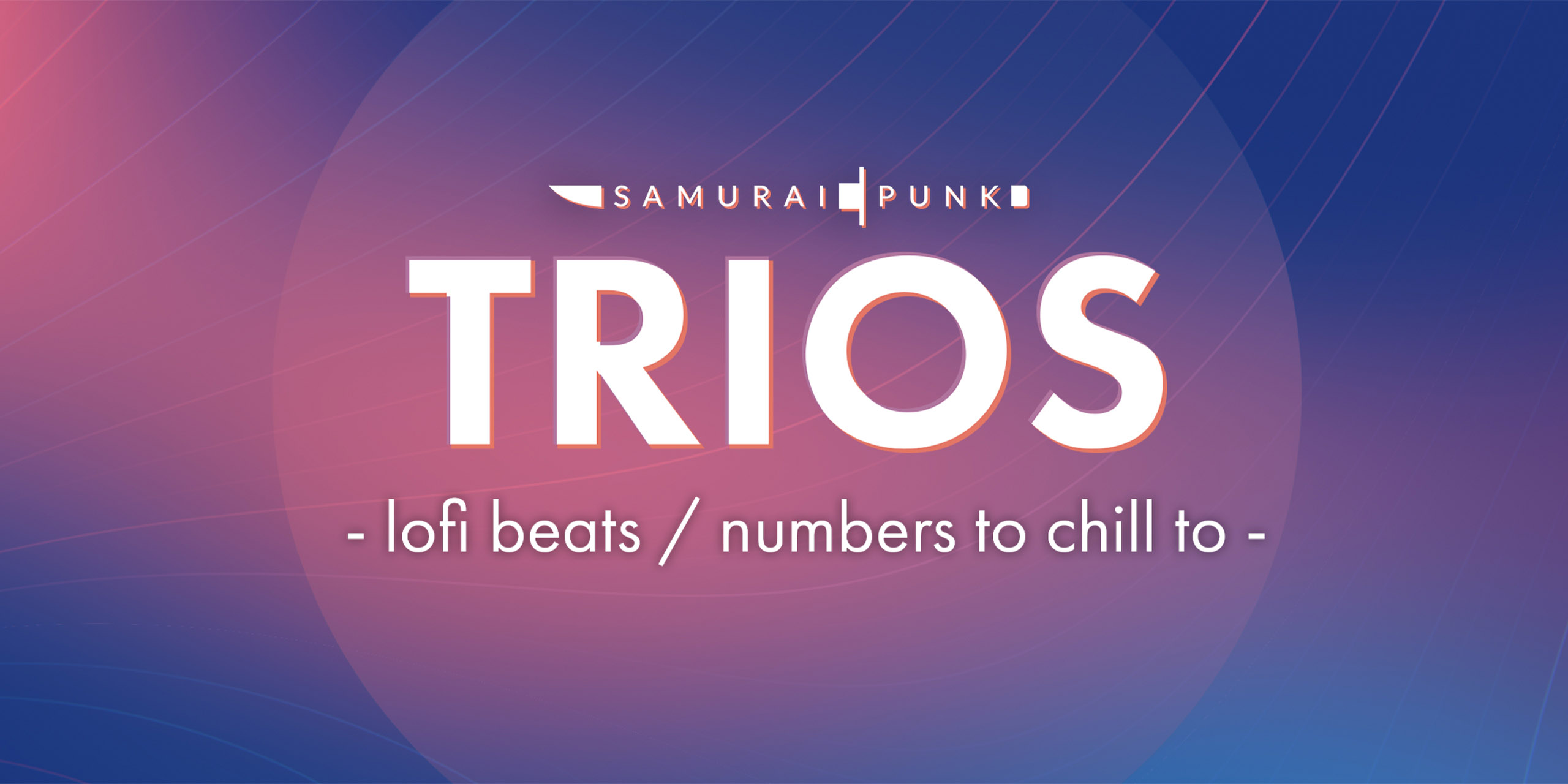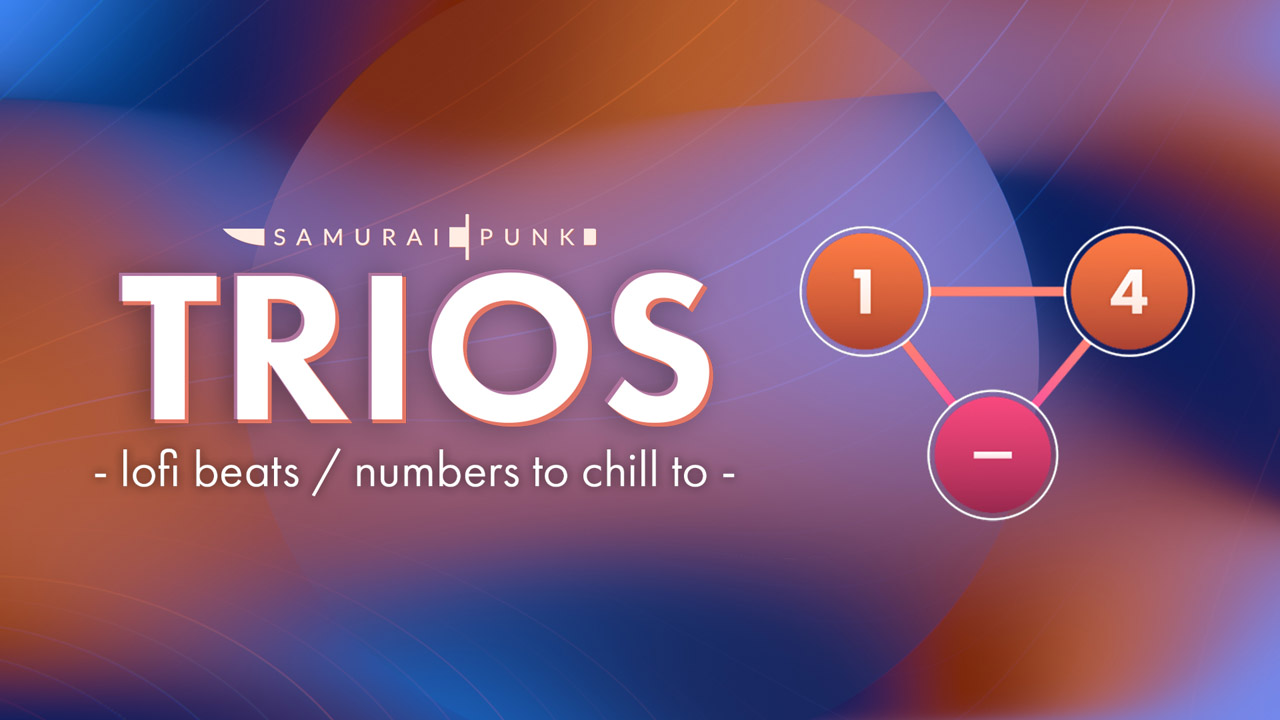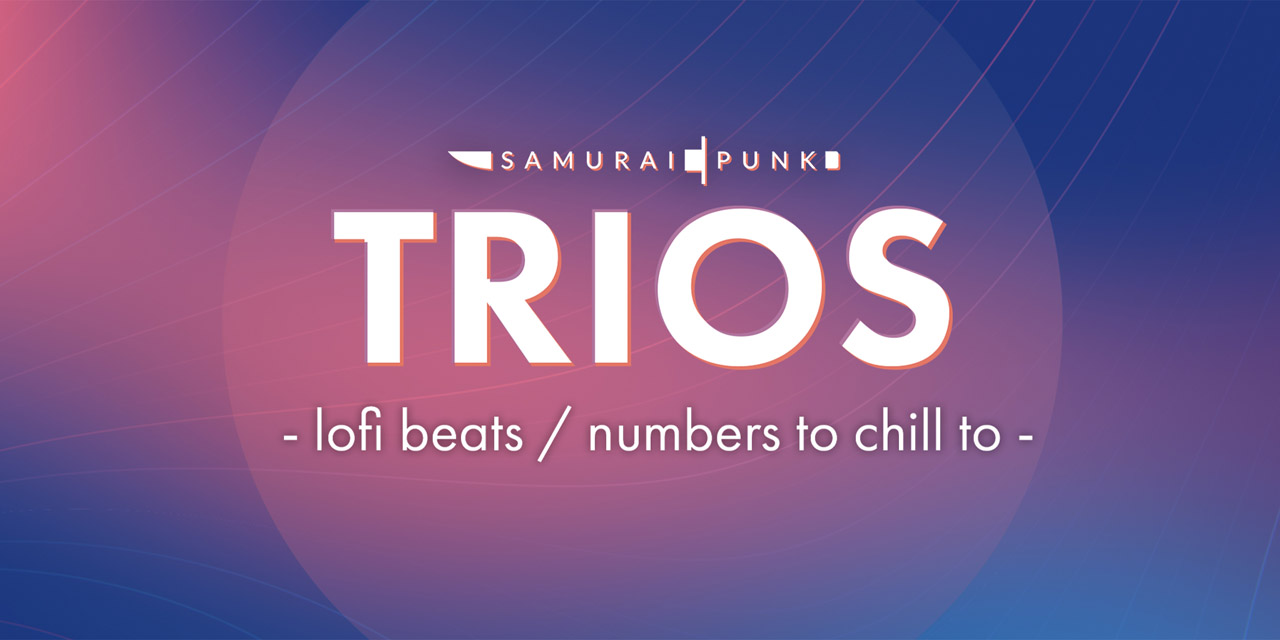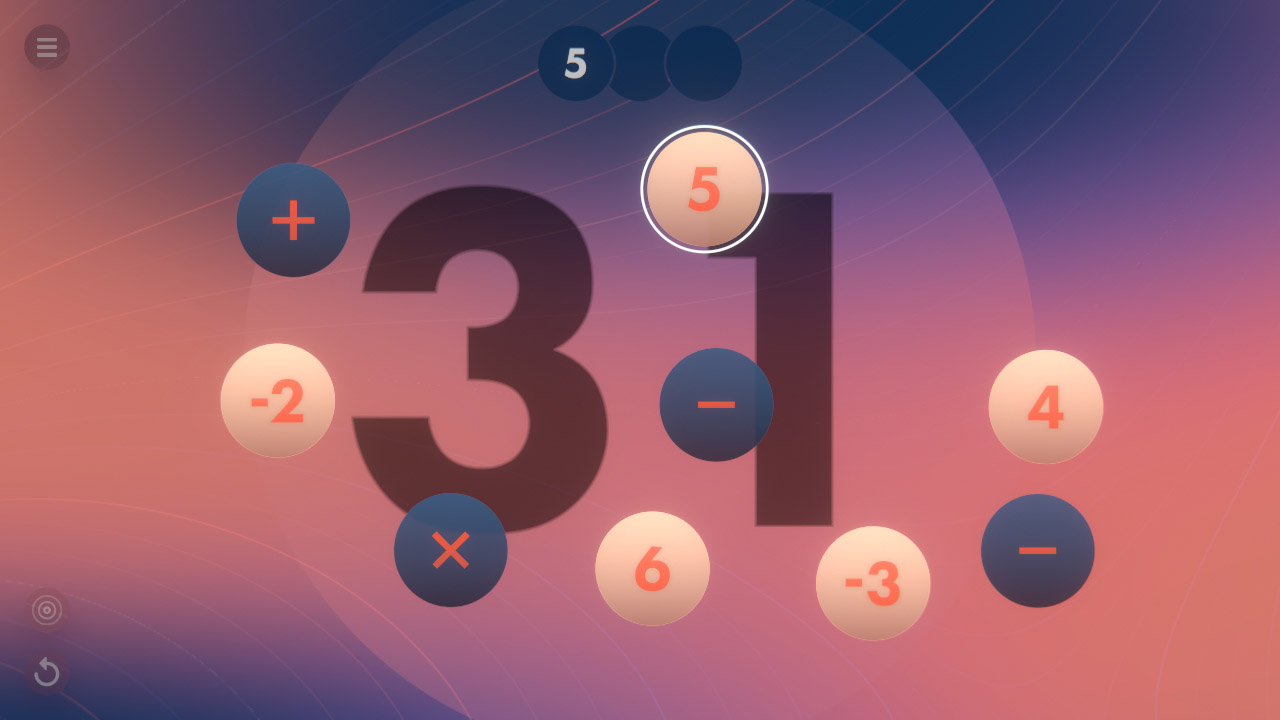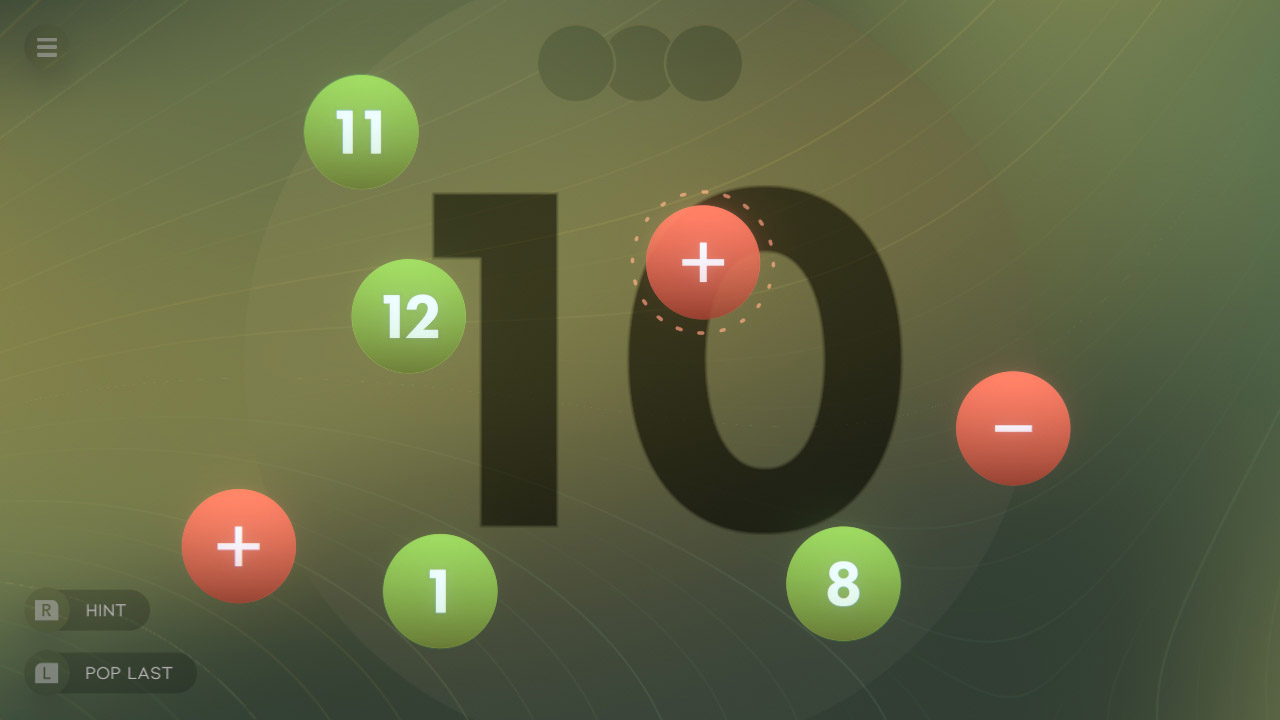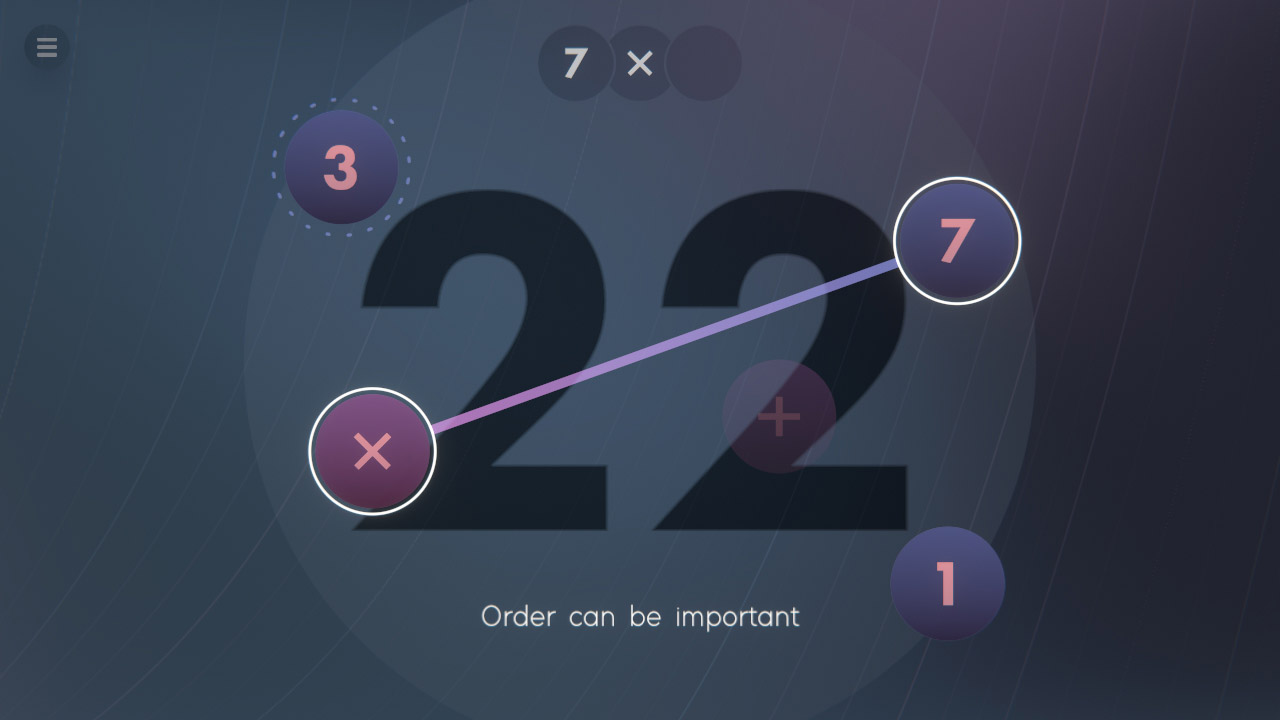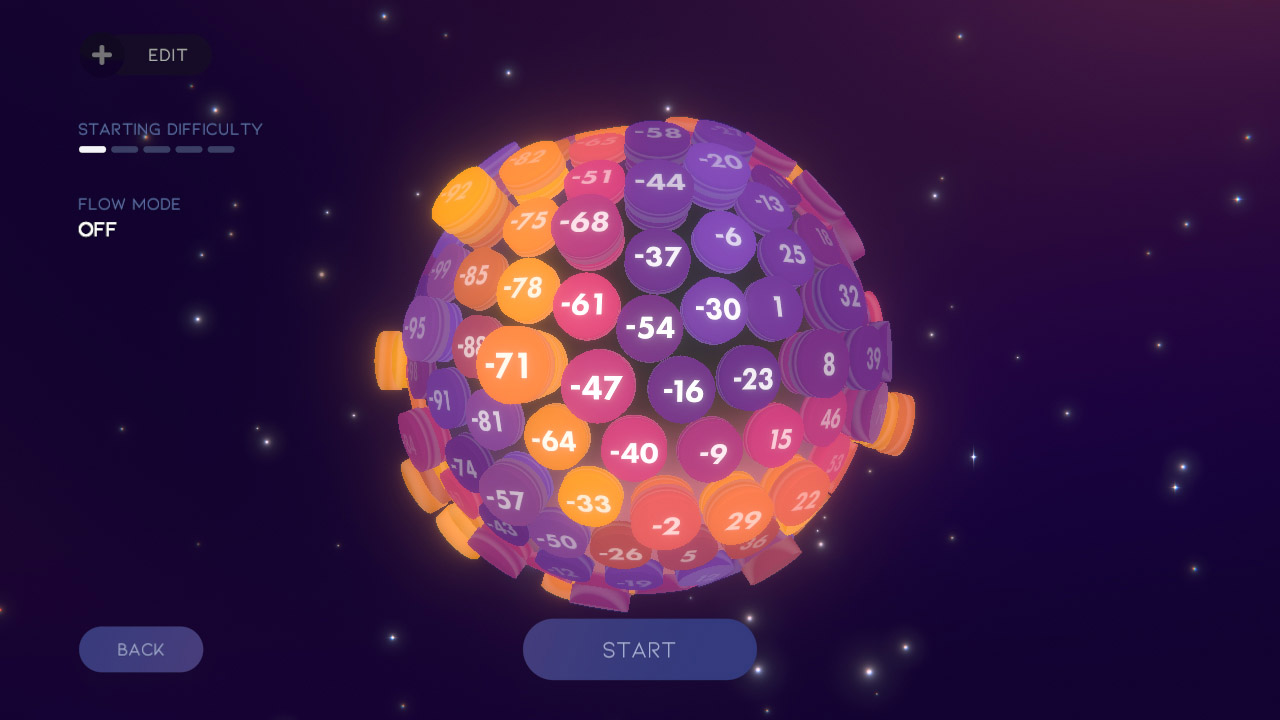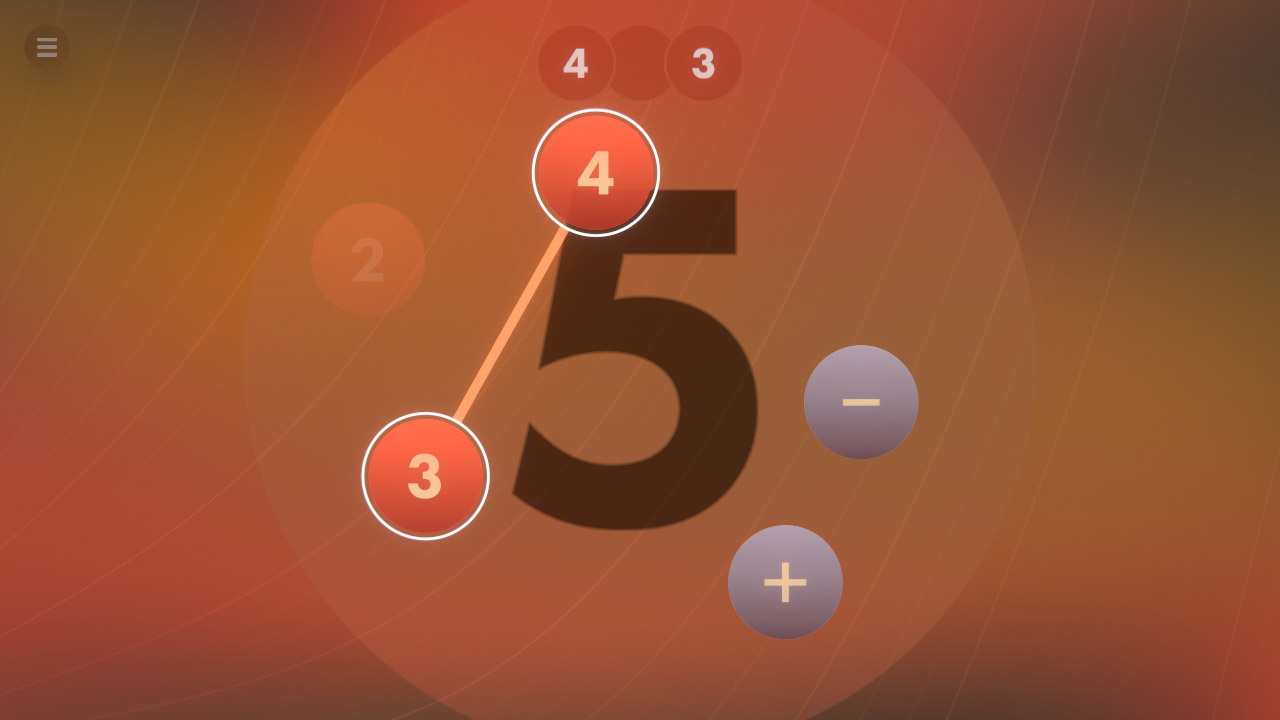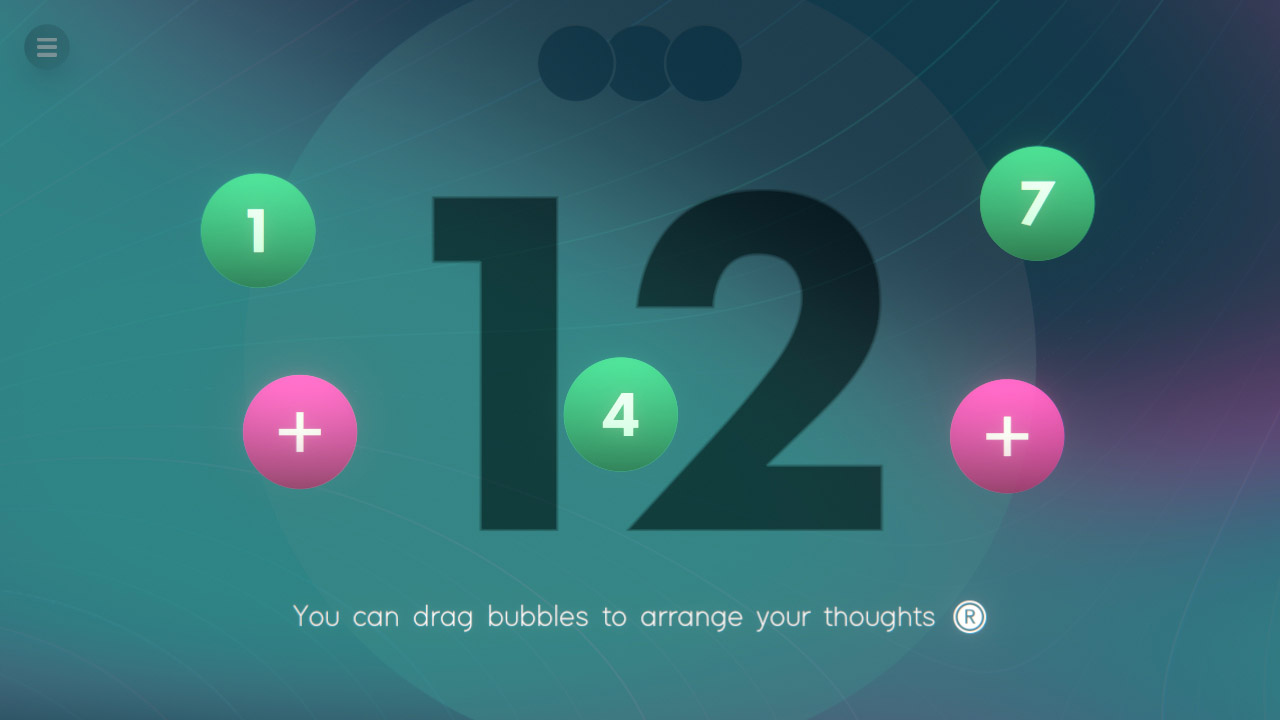The game was first prototyped in 2019, which had the basic mechanics and aesthetics, but with only hand-crafted puzzles.
This version was fun, but was too challenging for those who weren't maths enthusiasts. However when playtesting it, we found that children were engaged by the concept, it was just too difficult.
Since that time, we set out to create the more polished and adaptive version that could be enjoyed by more players. We playtested with people from the age groups between 10 - 65, to get a broad understanding of how different players felt about the challenge. We started developing a puzzle generator with intelligent generation, rather than rely on hand-crafted puzzles. Based on their feedback, we'd iterate aspects of the user interface and the puzzle generator so that the game was easy to play and that the challenge felt "fair" based on the players' individual skill levels.
We've brought our 7 years of experience as game developers to make an educational experience engaging, tactile, fun and rewarding. We brought on a talented and experienced UI programmer, and together were able to significantly elevate both the presentation and usability of the game. We made several iterations of the interface throughout development, testing internally and with playtesters to refine towards the current interface. We worked with our sound designer to create a soothing soundscape and curated list of songs. We've received lots of positive feedback for the presentation, and users are surprised by how premium and pleasing the game is for a "maths game".

